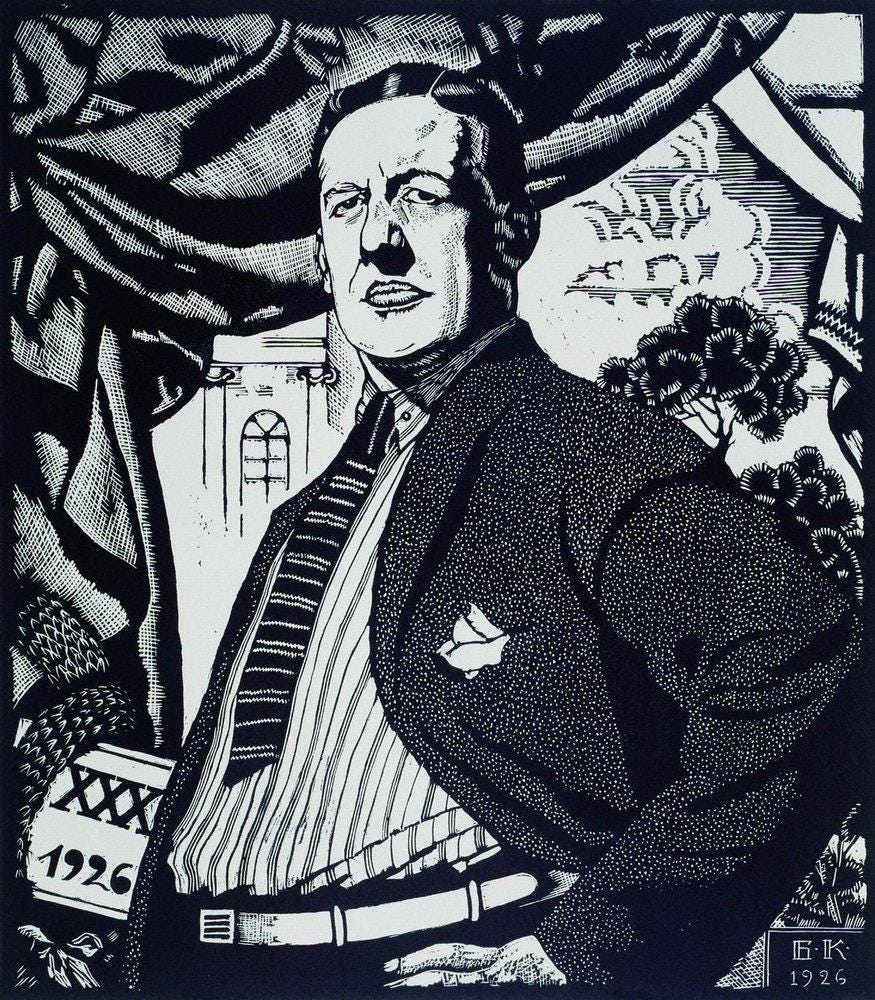This essay is not about heroin, but I need to talk about heroin first.
The only time I did heroin was by accident. (I’ve told this story, forgive me if you’ve heard it.) In college, I studied contemporary art and politics at the University of Cape Town, South Africa, through the School fo…
Keep reading with a 7-day free trial
Subscribe to Meditations in an Emergency to keep reading this post and get 7 days of free access to the full post archives.




